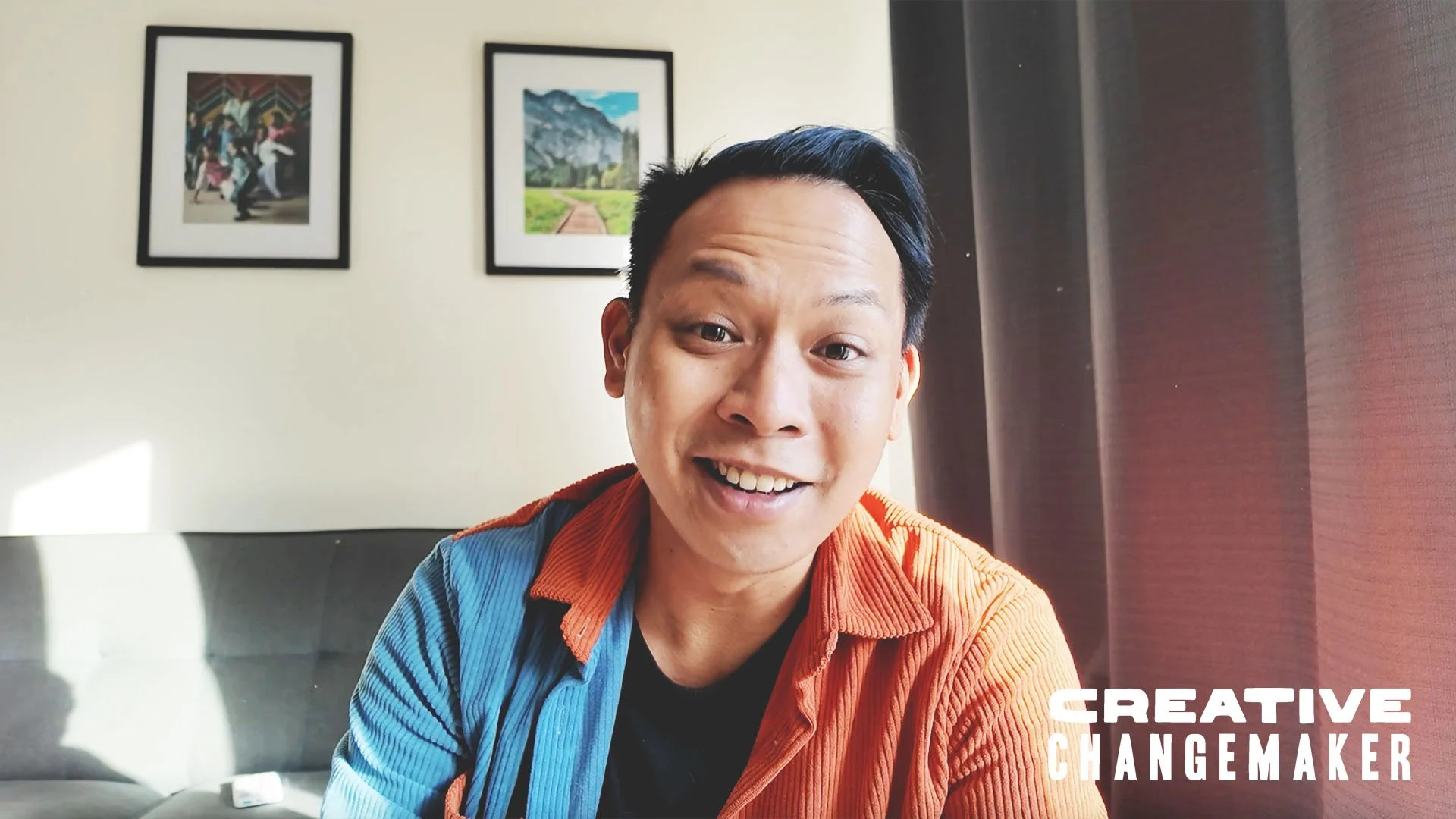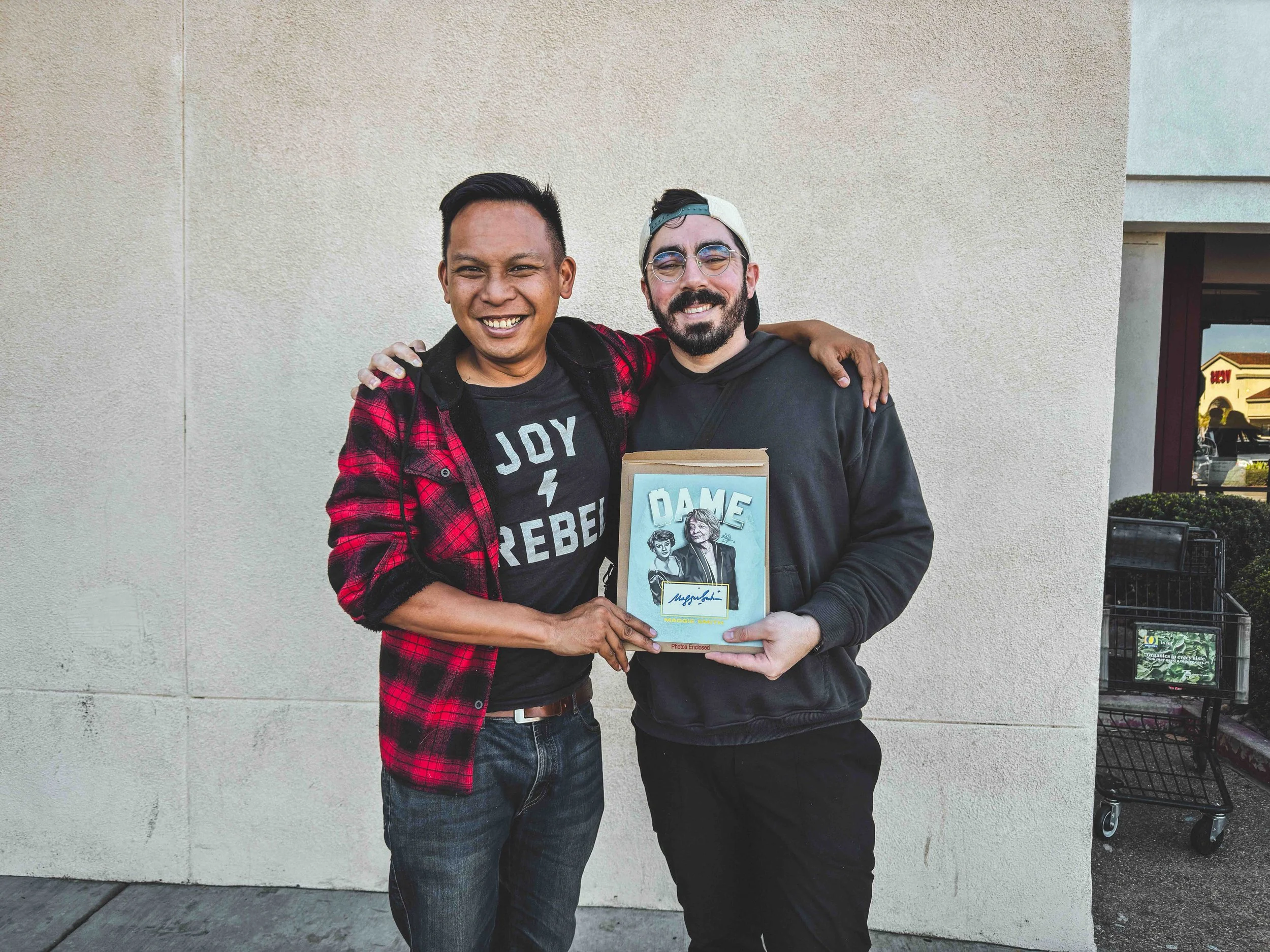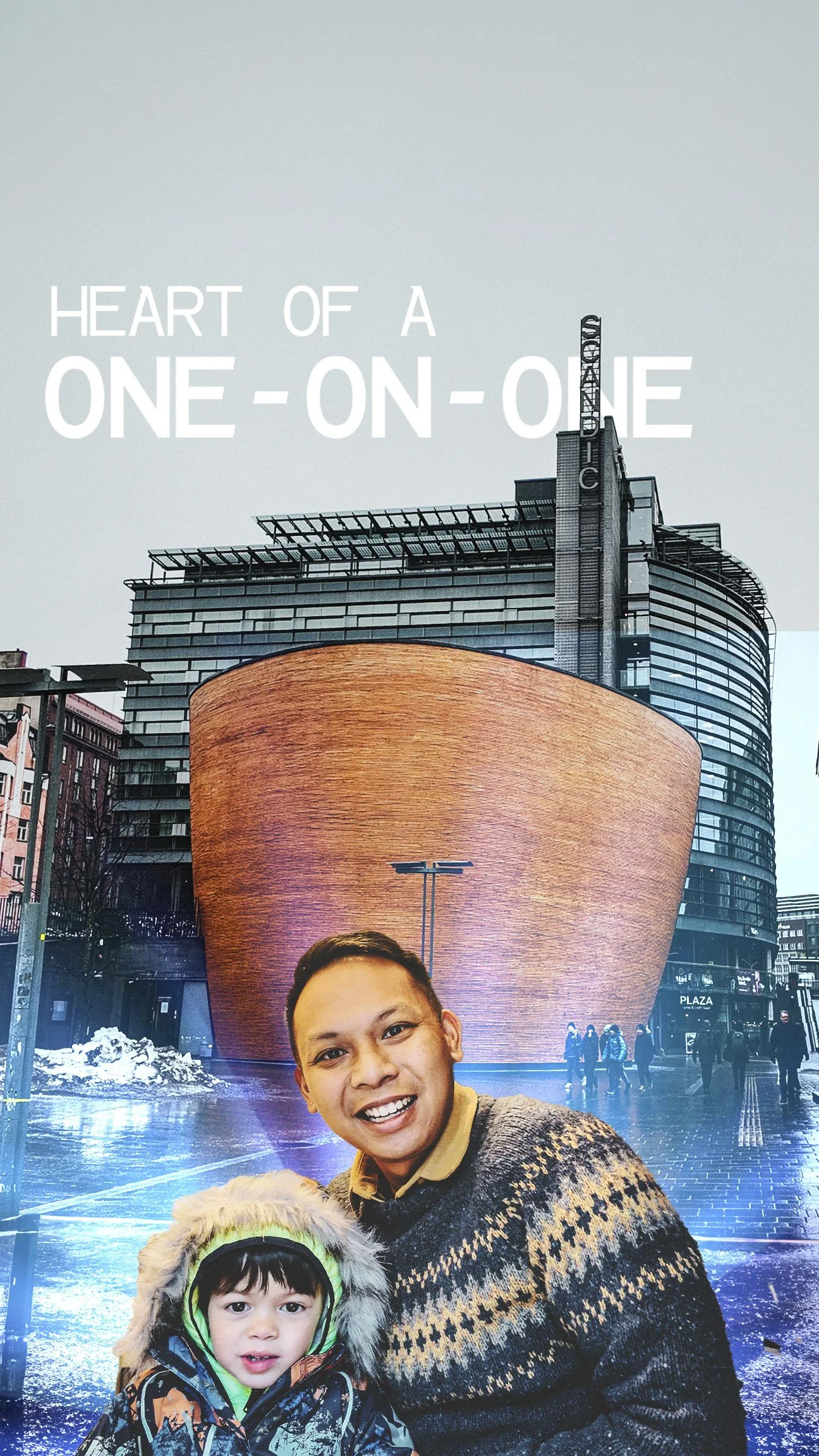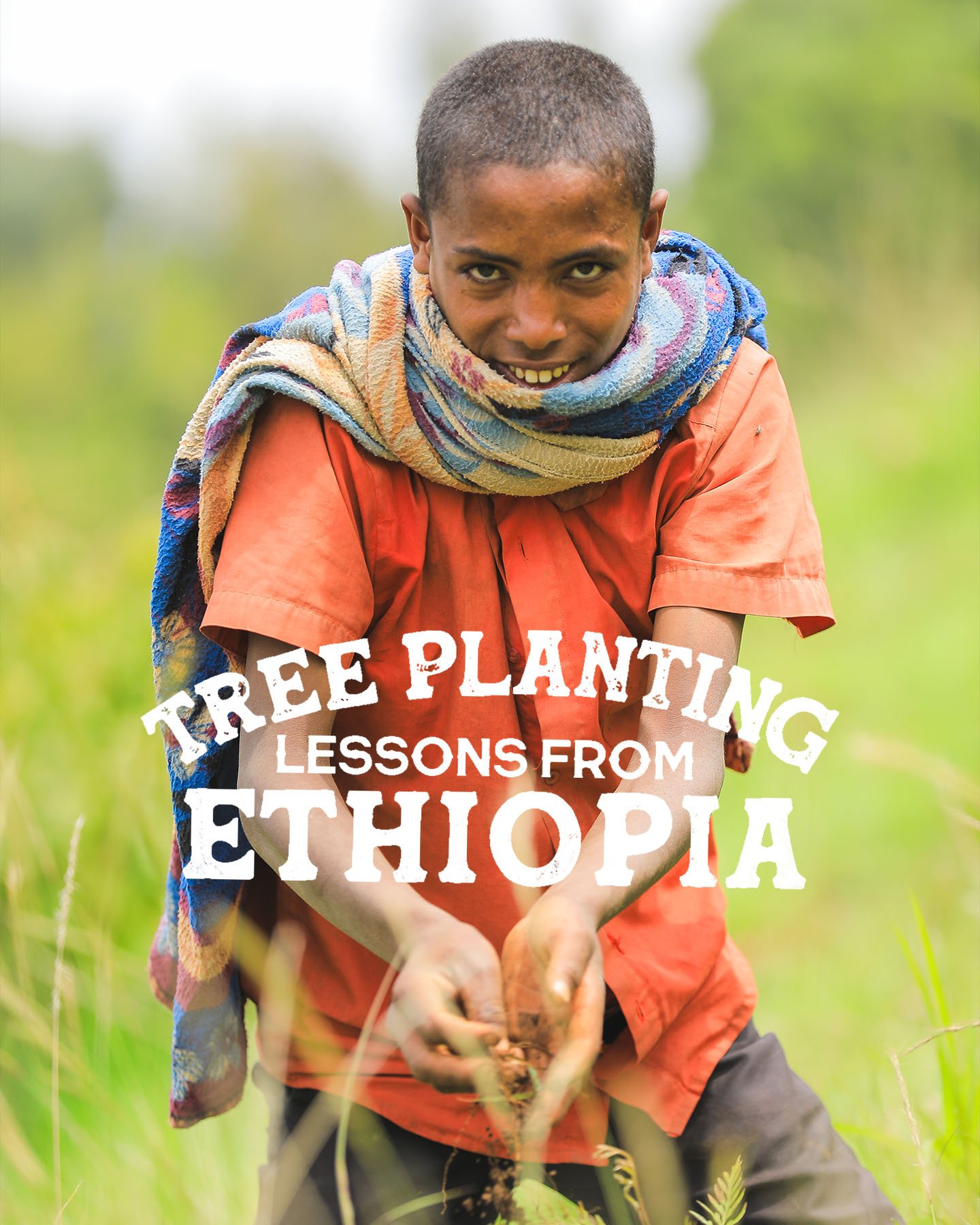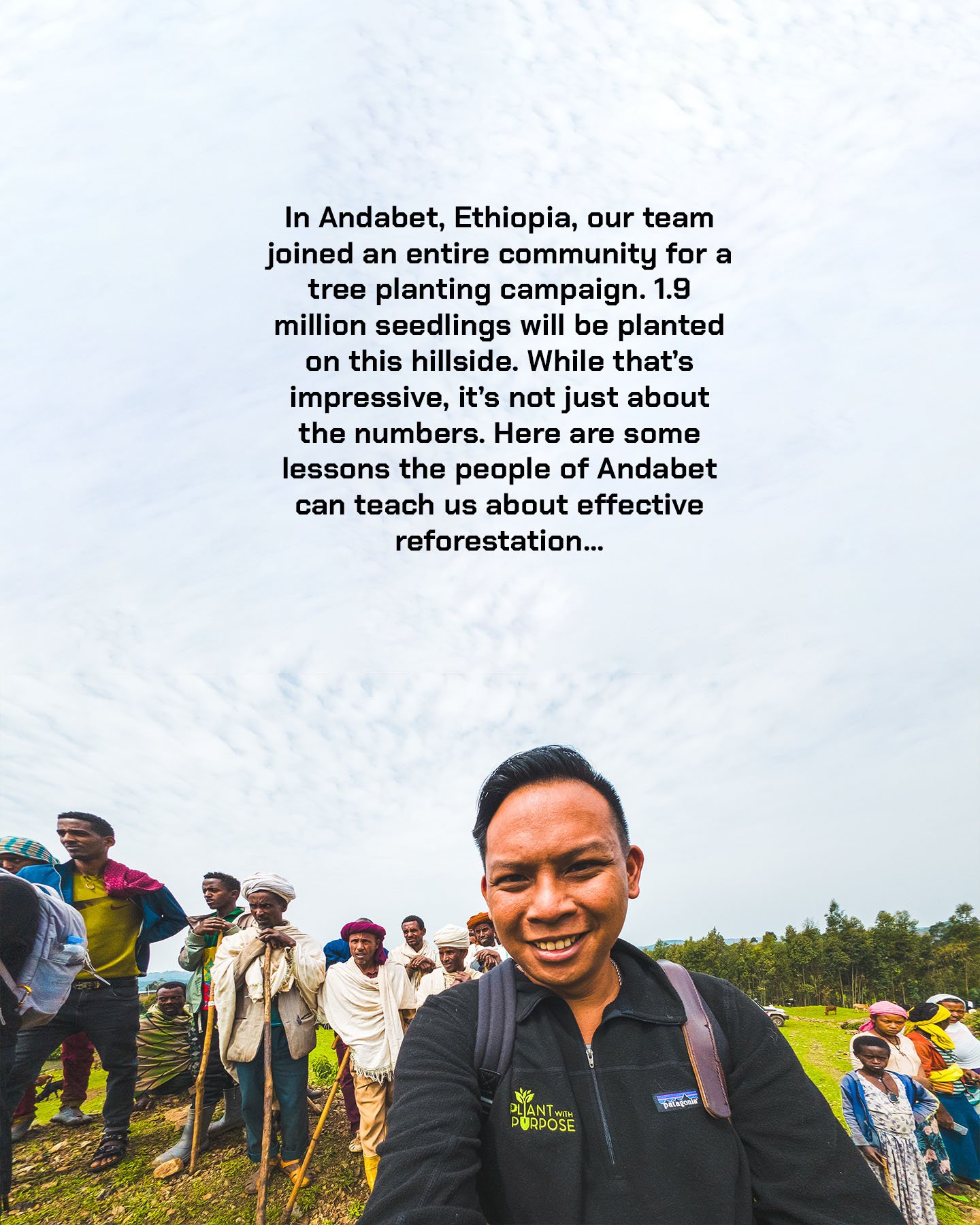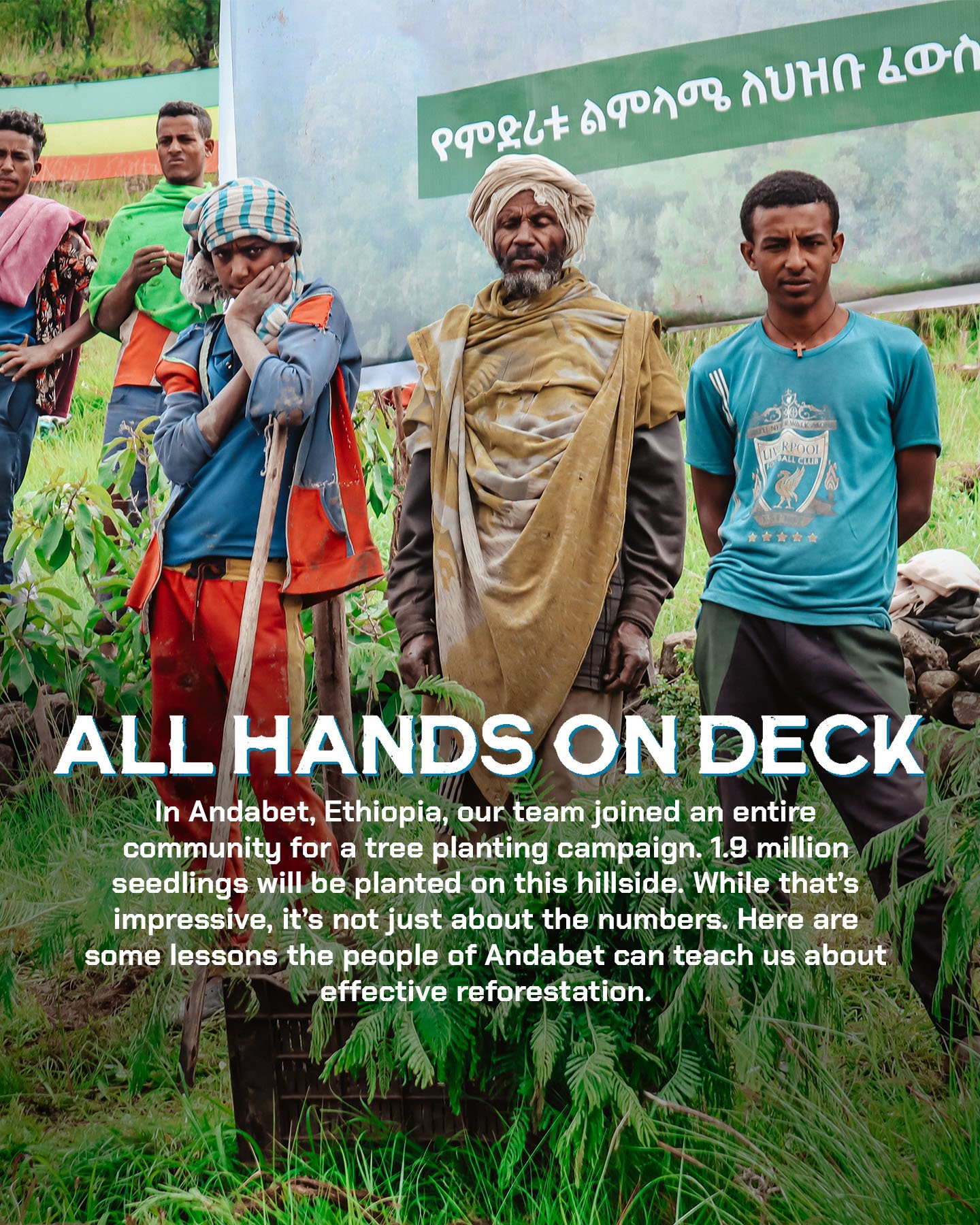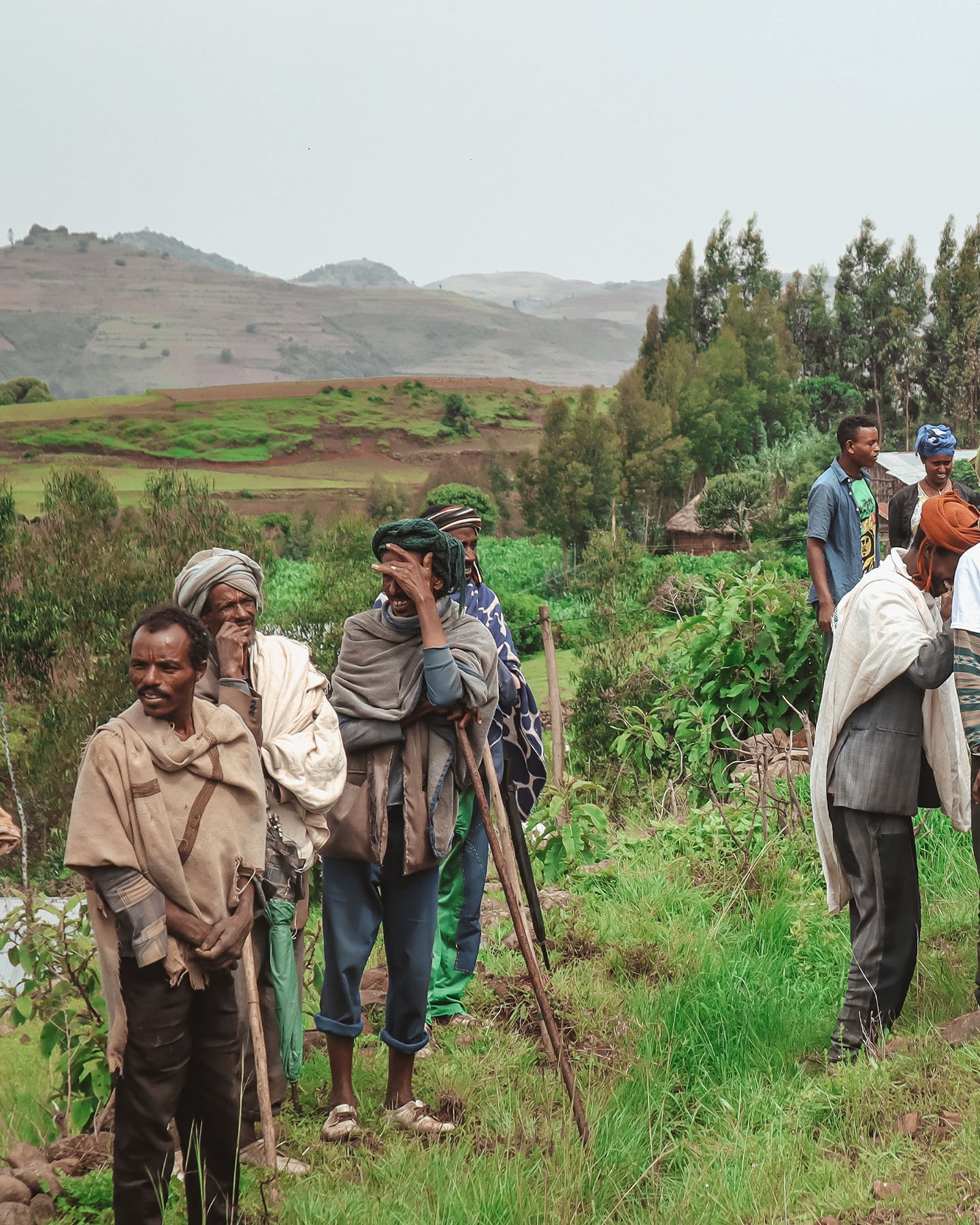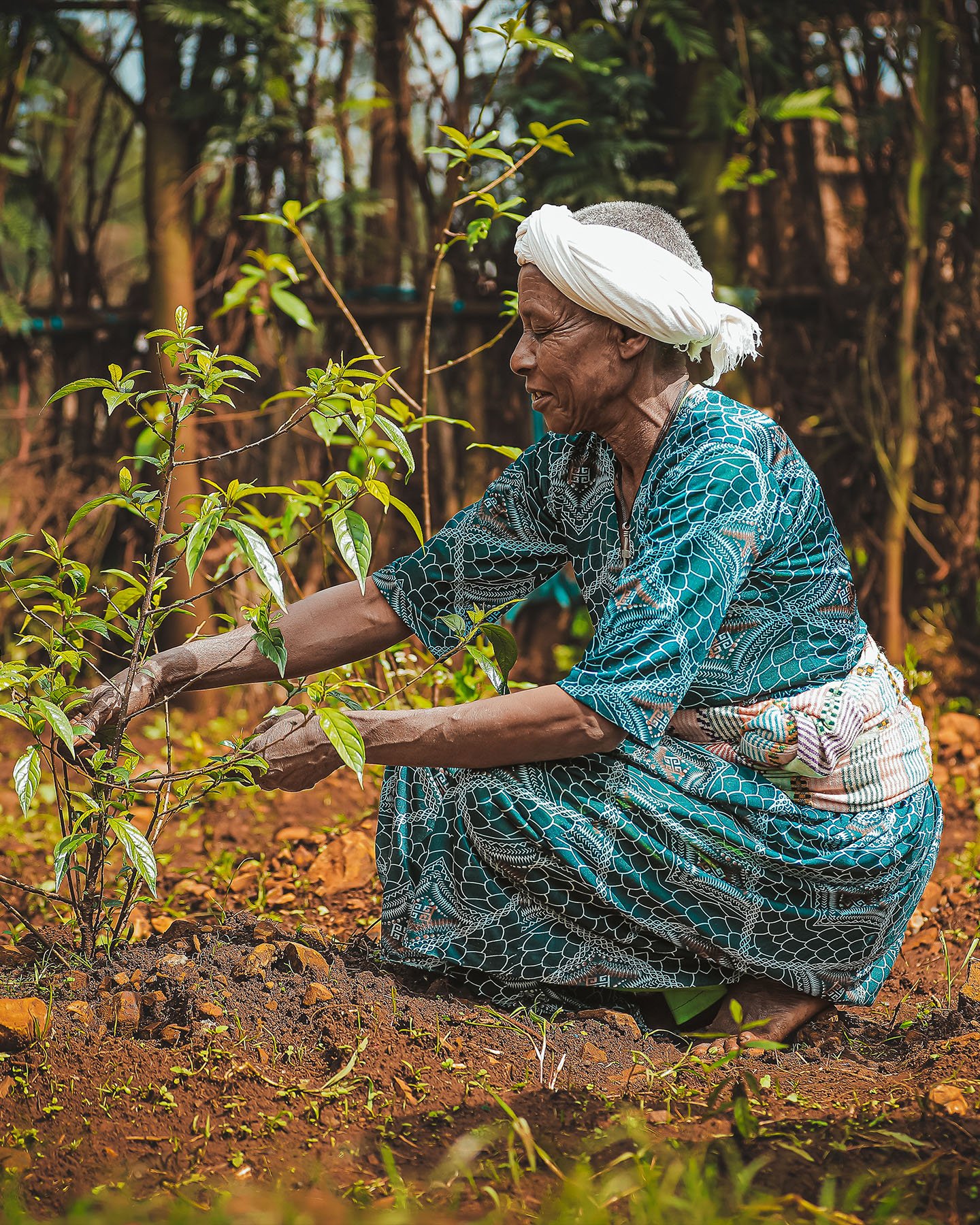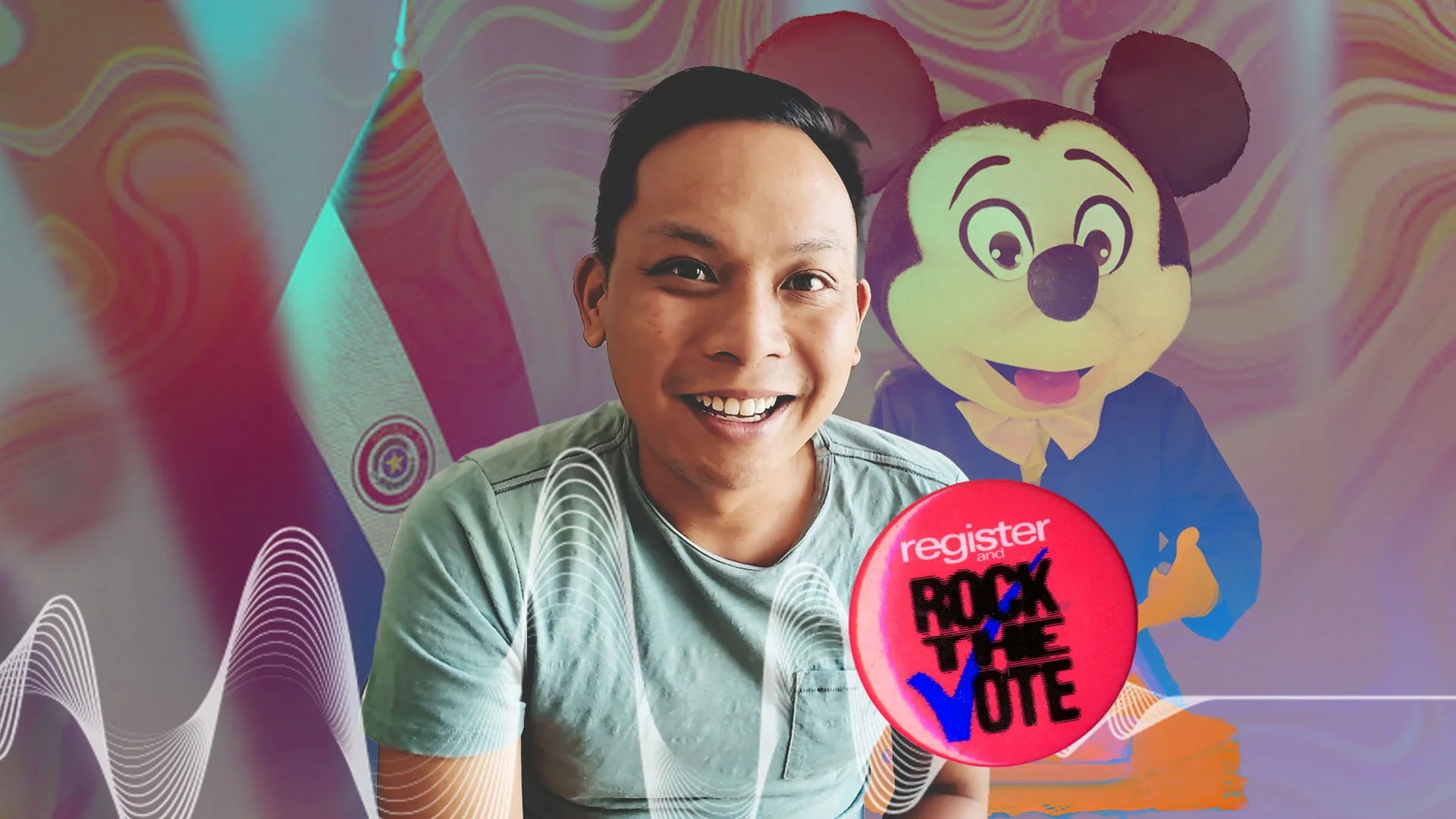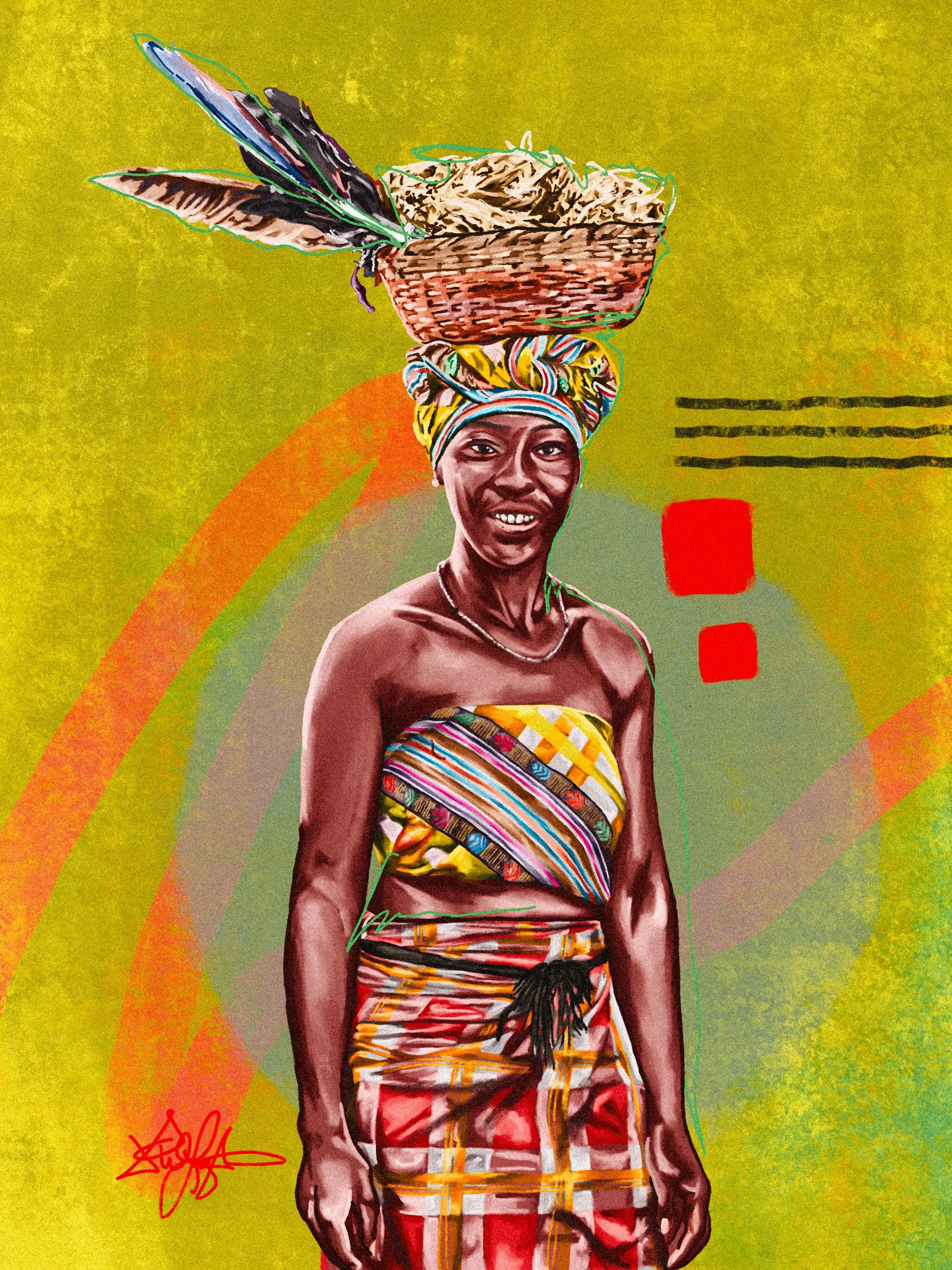age & The motivation for a little maintenance
I finally got acupuncture a couple weeks ago.
I say finally because it’s something I’ve been curious about for a long time. I’ve had family members use it to treat allergies. Fertility. The way that you can work on wrist arthritis by connecting the wires running through a person’s foot? That seemed completely fascinating.
Except I’ve never had a good enough reason to get acupuncture myself.
I always thought it would be awkward to schedule an appointment and during the intake have to say, “oh, nothing’s wrong. I just want to check out your needles!”
But finally.
I laid face down on a doughnut pillow in my underwear, wondering if the ambient music playing was cut from the same cloth as the background music of Playstation menus. I try and pay attention to the way my blood flows more freely up my thigh, the result of the pins scattered strategically in my leg.
I’ve been a lot more attentive to my body lately. Every little quirk. The way my right calf developed an involuntary twitch. The recent pressure behind my knee.
I have running to thank for all of that. The injuries, as well as the attentiveness. Long distance runs get you so familiar with your own body. Its capacity. What it takes to push yourself just a bit further.
On top of all that, there’s the quantitative data that running apps provide. I can see how my better and worse performances overlap with the days I didn’t get enough sleep, or the days I managed to hydrate better.
Salt intake matters. That’s a new one I started observing lately. I’m pretty proud of my own detective work there. I noticed that whenever I passed the nine mile marker, I typically had an intense craving for pho, ramen, or soup dumplings. Translation? Salt deficiency. Some electrolyte mix in the water bottle helped smooth things over.
I started getting back into distance running because of insomnia. There was an unfortunate convergence of when my kids started sleeping through the night, and when I found myself unable to. I soon attributed the overnight restlessness to going over a year without much physical activity. Before the kids were born I alternated distance running, weight training, and boxing.
Then when they were born, I decided boxing and sleep deprivation were a terrible combination.
However, the kids were a motivating factor for getting me back into action. I hear a lot of runners in their 30s or 40s cite that. Staying active helps increase the odds they’ll be around for their kids longer. I know I want as much time with mine as possible. My time with my dad was cut short early, and while some things are always out of our control, I wanted to play my part.
I did my morning runs around a lake. The road around the perimeter stretched five miles, and there was a good cover with trees. I got to know my fellow runners who were lake-regulars. One was an East Asian man. He was most likely in his mid-to-late fifties, and he was still pretty fast. It was always a bit motivating to come across him on a run. I hoped it was a peek at my future. In my 50s, my kids would be in their 20s, and the thought of being able to keep up as they bust out on their own adventures is appealing.
That said, I’m at the age where most pro-athletes retire, so unsurprisingly running brought me a good collection of odd injuries. Scraped knees from a fall. Knee damage from overuse. Calf cramps that were a bit of a mystery.
Your calves are pretty much like rocks, Alex remarked, as she removed the needles from them. Typically, firm muscles are seen as desirable, but mine were tense to the point of being uncomfortable.
She recommended a little pause from running. Maybe a month while my muscles repaired themselves. Instead, I’d benefit from working on weight training, core strength, and yoga. I wanted it all. In my ideal world, I could do each of these regularly. And I’d love to be in a rec baseball league or something at the same time. Of course, the challenge is often finding the time to do all this.
That said, a lot of issues can be attributed to spending too much time in our heads, and not quite enough in our body. Even if the most ideal regimen is elusive, it’s worth finding some time to move. I decide that while I might scale back the running, I’m doing so in order to keep running a part of my life for the long haul.
The day after an acupuncture can feel strange. Alex warned me not to be surprised if I even feel sick. “Your body fast tracks getting rid of stuff after all those channels have been opened.”
I don’t experience the cold she described, nor did I envy it. Instead, the day after, I felt something akin to a hangover… except strangely good? That night, I managed to score some of the best sleep ever.
I’ll take that as a win. This whole saga started with a bout of insomnia.

